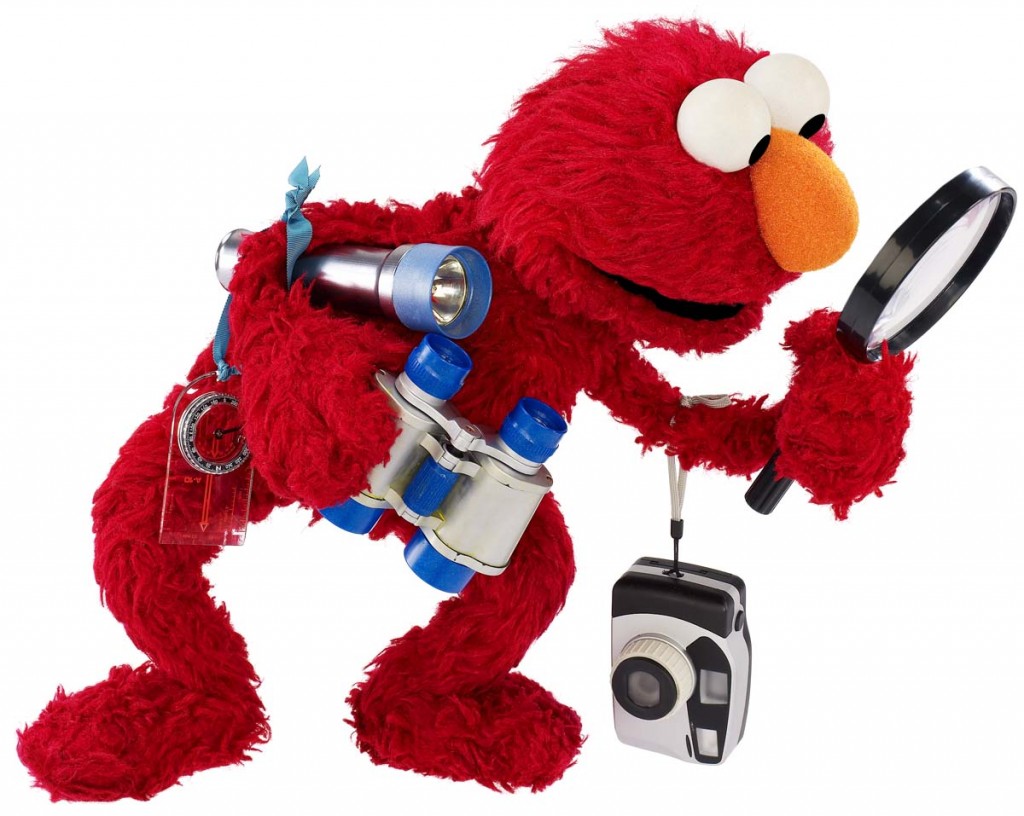Stamp: Columbus announcing his discovery (Tonga 1992)
Columbus announcing his discovery (Tonga 1992)
28 April (Tonga ) within release 5th Centenary of Discovery of America goes into circulation Stamp Columbus announcing his discovery face value 57 Tongan seniti
| Stamp Columbus announcing his discovery in catalogues | |
|---|---|
| Michel: | Mi: TO 1213 |
Stamp is square format.
Stamp from souvenir sheetAlso in the issue 5th Centenary of Discovery of America:
- Stamp - Columbus face value 57;
- Stamp - Columbus announcing his discovery face value 57;
- Stamp - Columbus arriving in New World face value 57;
- Stamp - Compass, astrolabe face value 57;
- Stamp - Lucayan artifacts, parrot face value 57;
- Stamp - Map, Columbus’ signature face value 57;
- Stamp - Medal of Columbus, signature face value 57;
- Stamp - Monastery of Santa Maria de la Chevas face value 57;
- Stamp - Obverse and reverse of coin of Ferdinand and Isabella face value 57;
- Stamp - Pineapple, artifacts face value 57;
- Stamp - Santa Maria face value 57;
- Stamp - Spain stamps face value 57;
- Souvenir Sheet - 5th Centenary of Discovery of America face value 12*57;
Stamp Columbus announcing his discovery it reflects the thematic directions:
An anniversary is the date on which an event took place or an institution was founded in a previous year, and may also refer to the commemoration or celebration of that event. For example, the first event is the initial occurrence or, if planned, the inaugural of the event. One year later would be the first anniversary of that event. The word was first used for Catholic feasts to commemorate saints. Most countries celebrate national anniversaries, typically called national days. These could be the date of independence of the nation or the adoption of a new constitution or form of government. The important dates in a sitting monarch's reign may also be commemorated, an event often referred to as a "Jubilee".
Discovery is the act of detecting something new, or something previously unrecognized as meaningful. Concerning sciences and academic disciplines, discovery is the observation of new phenomena, new actions, or new events and providing new reasoning to explain the knowledge gathered through such observations with previously acquired knowledge from abstract thought and everyday experiences. A discovery may sometimes be based on earlier discoveries, collaborations, or ideas. Some discoveries represent a radical breakthrough in knowledge or technology.
Famous People refers to the fame and public attention accorded by the mass media to individuals or groups or, occasionally, animals, but is usually applied to the persons or groups of people (celebrity couples, families, etc.) themselves who receive such a status of fame and attention. Celebrity status is often associated with wealth (commonly referred to as fame and fortune), while fame often provides opportunities to make money.
A navigator is the person on board a ship or aircraft responsible for its navigation. The navigator's primary responsibility is to be aware of ship or aircraft position at all times. Responsibilities include planning the journey, advising the ship's captain or aircraft commander of estimated timing to destinations while en route, and ensuring hazards are avoided. The navigator is in charge of maintaining the aircraft or ship's nautical charts, nautical publications, and navigational equipment, and they generally have responsibility for meteorological equipment and communications. With the advent of satellite navigation, the effort required to accurately determine one's position has decreased by orders of magnitude, so the entire field has experienced a revolutionary transition since the 1990s with traditional navigation tasks, like performing celestial navigation, being used less frequently. Using multiple independent position fix methods without solely relying on electronic systems subject to failure helps the navigator detect errors. Professional mariners are still proficient in traditional piloting and celestial navigation.




